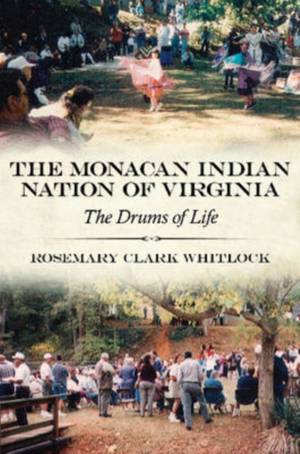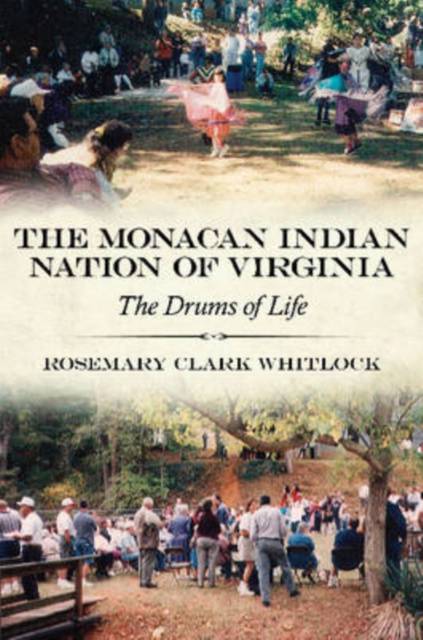
- Afhalen na 1 uur in een winkel met voorraad
- Gratis thuislevering in België vanaf € 30
- Ruim aanbod met 7 miljoen producten
- Afhalen na 1 uur in een winkel met voorraad
- Gratis thuislevering in België vanaf € 30
- Ruim aanbod met 7 miljoen producten
Zoeken
Omschrijving
The contemporary Monacan Nation had approximately 1,400 registered members in 2006, mostly living in and around Lynchburg, Virginia, in Amherst County, but some are scattered like any other large family. Records trace the Monacans of Virginia back to the late 1500s, with an estimated population of over 15,000 in the 1700s. Like members of some other native tribes, the Monacans have a long history of struggles for equality in jobs, health care, and education and have suffered cultural, political, and social abuse at the hands of authority figures appointed to serve them. The critical difference for the Monacans was the actions of segregationist Dr. Walter A. Plecker, Director of the Bureau of Vital Statistics from 1912 until he retired at age 85 in 1946. A strong proponent and enforcer of Virginia's Racial Integrity Law of 1924 (struck down in 1967), which prohibited marriage between races, Plecker's interpretation of that law convinced him that there were only two races-white and colored-and anyone not bearing physically white genetic characteristics was "colored" and that included Indians. He would not let Indians get married in Virginia unless they applied as white or colored, he forced the local teachers to falsify the students' race on the official school rolls, and he threatened court clerks and census takers with prosecution if they used the term "Indian" on any official form. He personally changed government records when his directives were not followed and even coerced postpartum Indian mothers to list their newborns as white or colored or they could not take their infants home from the hospital. Eventually the federal government intervened, directing the Virginia state officials to begin the tedious process of correcting official records. Yet the legacy of Plecker's attempted cultural genocide remains. Through interviews with 26 Monacans, one Episcopal minister appointed to serve them, one former clerk of the court for Amherst County, and her own story, Whitlock provides first person accounts of what happened to the Monacan families and how their very existence as Indians was threatened.
Specificaties
Betrokkenen
- Auteur(s):
- Uitgeverij:
Inhoud
- Aantal bladzijden:
- 248
- Taal:
- Engels
- Reeks:
Eigenschappen
- Productcode (EAN):
- 9780817354886
- Verschijningsdatum:
- 1/08/2008
- Uitvoering:
- Paperback
- Formaat:
- Trade paperback (VS)
- Afmetingen:
- 155 mm x 229 mm
- Gewicht:
- 430 g

Alleen bij Standaard Boekhandel
+ 76 punten op je klantenkaart van Standaard Boekhandel
Beoordelingen
We publiceren alleen reviews die voldoen aan de voorwaarden voor reviews. Bekijk onze voorwaarden voor reviews.











